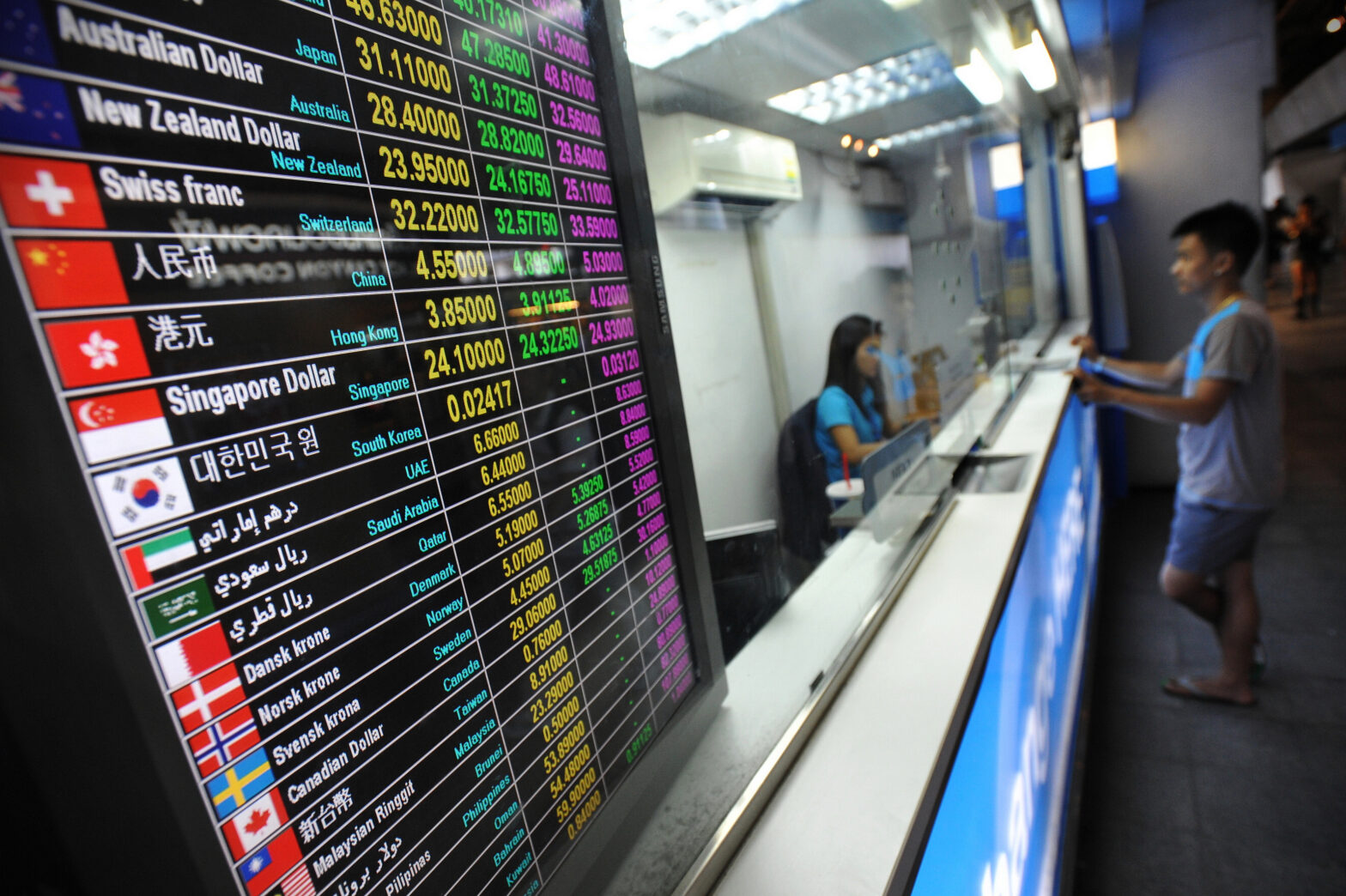Jack Horton, CEO of Whites FX, presents some key strategies for all SMEs looking to save money on their foreign currency exchange.
The foreign exchange or ‘Forex’ market is the largest market in the world, open for business 24/7, five days a week and transacting values in the trillions of pounds, daily. It is therefore perfectly understandable that the mere thought of involving yourself in the myriad of forex terminology is daunting and something best left to the professionals.
Small businesses and large companies alike have the same struggles and often enter the market blind. Not only is this unnecessary, but it can end up with eye-watering fees being paid for even a single foreign exchange transaction. If you look behind the smoke screen of baffling rules and regulations and focus on understanding the basics, it’s possible to take charge of how much you are paying and determine where savings can be made.
1) Research
This goes without saying – research the market, the trends and what is likely to be making an impact. Would you sign up to a new bank account without doing the slightest bit of research behind interest rates, or would you buy a new car without reading the specifications first? If you don’t do the research yourself, you’d at least speak to someone ‘in the know’, ask direct questions in order to ensure you are getting the best deal. The same applies to foreign exchange. If you want to enter the forex market, it is best to enter it with an understanding of the basics.
2) Look ahead
There are numerous things that affect global exchange rates. Political conditions or significant international economic events are two of the main things that can have either a positive or negative affect. Understanding what these factors are, when they might take effect and the likely outcomes, can put you ahead of the game and dictate the best time to carry out a transaction.
3) Keep your broker informed
For those using a broker, letting them know as far in advance as possible when you may want to make a transaction can pay dividends. By giving them adequate notice, you broker can look for possible impending peaks or troughs in rates in order to pick the right time to exchange on your behalf.
4) Check market spreads
Foreign exchange spreads are one of the most important variables that you’ll need to consider when trading the Forex market. When you trade with a forex broker, most of them are compensated by a forex spread – it is essentially a type of transaction cost, as the broker will pocket the difference between the bid price (the price they pay) and the ask price (the price they charge) on foreign currency. This will therefore affect your profitability. When looking at spreads, ask for the percentage above or below the globally set interbank rates that you are being charged by your provider. Bear in mind most forex providers will be buying very close to this interbank rate.
5) Request transparent pricing
Understanding the spreads you are getting ensures that they don’t move and there are no nasty surprises. ‘Honeymoon’ rates are common in the marketplace, and are used to entice businesses at the outset, however, the unregulated nature of foreign exchange means that brokers and banks can levy higher ‘hidden’ charges at their discretion down the line. Requesting a transparent pricing policy will ensure you are getting the same spread trade to trade against the interbank rate.
6) Rate alerts
If looking to make a specific trade sometime in the future, you can ask your broker to keep an eye out for particular exchange rates. Typically, SMEs have a required rate to make orders worthwhile. Therefore, purchasing teams will need to know what markets they can use to buy from and the exchange rates to make a purchase economical. It is not uncommon for SMEs to have supply chains cut due to the purchasing price outweighing the economics of the sale price of the product. Brokers should be aware of these price points in order to assist their clients in the most efficient way.
7) Know your budget rate
Many SMEs work to a budget rate on their foreign exchange, meaning that they forecast exchange rates on foreign purchases in advance and use that budgeted rate to forecast and price goods. Fluctuations in the rate can therefore significantly affect the profit on the sale of goods and so, having a clear understanding of budget rates and ensuring wherever possible that this is matched or bettered is essential in order to predict profitability and make orders worthwhile.
8) Initiate stop losses
A ‘stop loss’ is a mechanism to ensure an order for currency exchange is executed if the market hits a certain rate. Having ‘stop losses’ in place means that a company’s budget rates can be more easily assured, flexibility is there if rates fluctuate in your favour and any abnormal ‘spikes’ in the market can be avoided.
9) Initiate forward contracts
Forward contracts are currency contracts that ensure you always receive your budget rate. This removes any risk of the market moving down, therefore locking in any extra profit. Many companies use this to ‘hedge’ at least half of their forecast exposure and dependant on market conditions, they will have minimised their risk by half.
Jack Horton is CEO of Whites FX.





